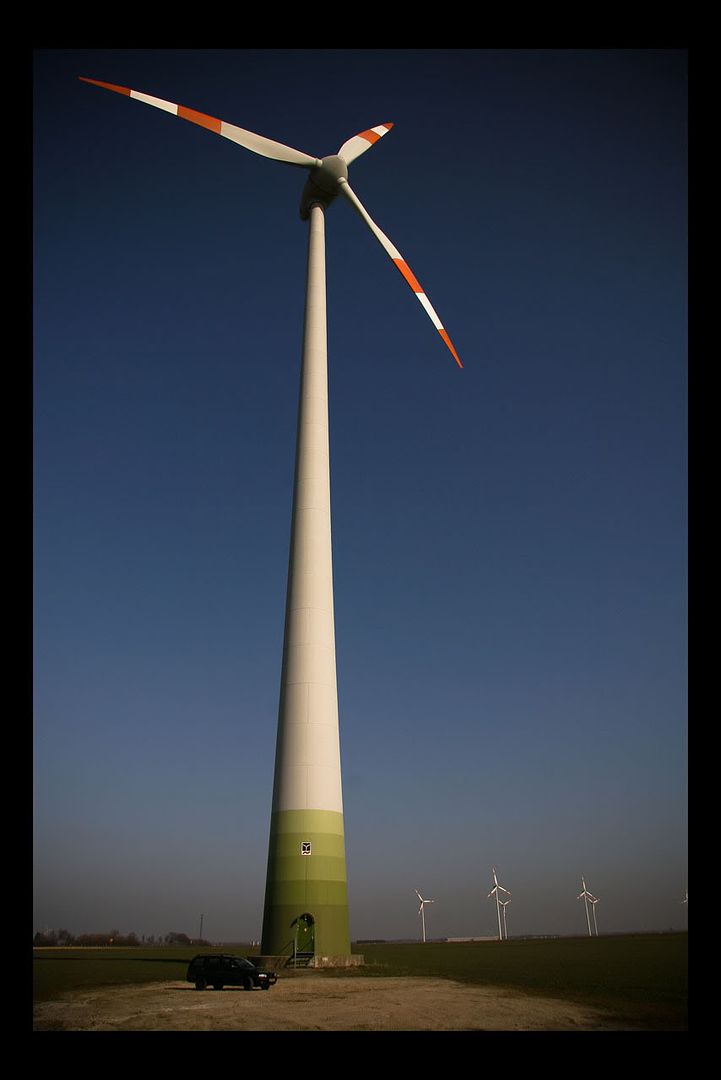Quote:
Originally Posted by s_k

Jup, but your cars do 20 miles per gallon.
Our cars do 30-50 miles per gallon  .
I have a stationwagon. 35-40 miles per gallon.
It's not a very large stationwagon.
I mean, it sort of depends what you compare it with.

Compared to a windmill, it's really tiny  |
Impressive!
I'll get to my complaint, but I must say, s_k, what an admirably fuel-efficient station wagon you've got.
Also, that windmill is the most stylish I've ever seen! I like how they painted the base the perfect shade of green to match the grass. I *hate* that color of green, but I like the artistic intent behind the color choice.

Now on to my *real* GRIPES:
*************************************************
GRIPE #1: I don't like the use of the word "bitch" to mean "gripe."
GRIPE #2: I don't like the way people always tell kids, "Say, 'Thank you.' "
Adults bombarding kids with overbearing reminders to "Say thank you" has irked me ever since I became a parent and suddenly realized how kids are nearly constantly barraged by adults urging them to "Say thank you!" in social situations where the *adult* feels a "thank you" is warranted, such as when the kid gets a gift she or he hates.
I think the adults don't really give a **** whether the kids say thank you. I think they are just worried about their *own* skins and are afraid that *other* adults will think badly of them if their kids appear impolite and self-centered.
News flash: kids are often impolite and self-centered. ADULTS are often impolite and self-centered. Why pretend otherwise?
So early on I developed
my philosophy on "thank you's" and kids, and I think this philosophy is, perhaps, one of the greatest on earth:
(1) I never want a child to feel pressured to lie, so don't try to get her to say something she doesn't feel;
(2) If my child says "thank you," I want it to be his choice - the "thank you" then also probably has a higher chance of being authentic.
(3) Kids learn best by example, so if you want your kid to say "thank you," then you should model that behavior by being thoughtful and saying "thank you" to others when you really feel thankful.
If you want your kid to grow up to be someone who says fake, meaningless "thank you's" and tells her or his own kid to say them, too, then by all means instruct them constantly to say "thank you." I'm sure you'll make the world a better place...NOT!
One of the parenting decisions I've made about which I feel most proud is that I've never told my child to say "thank you."
The result: when he does tell me, "Thank you, Mom," I know he really means it. Those moments are rare

but they are genuine.